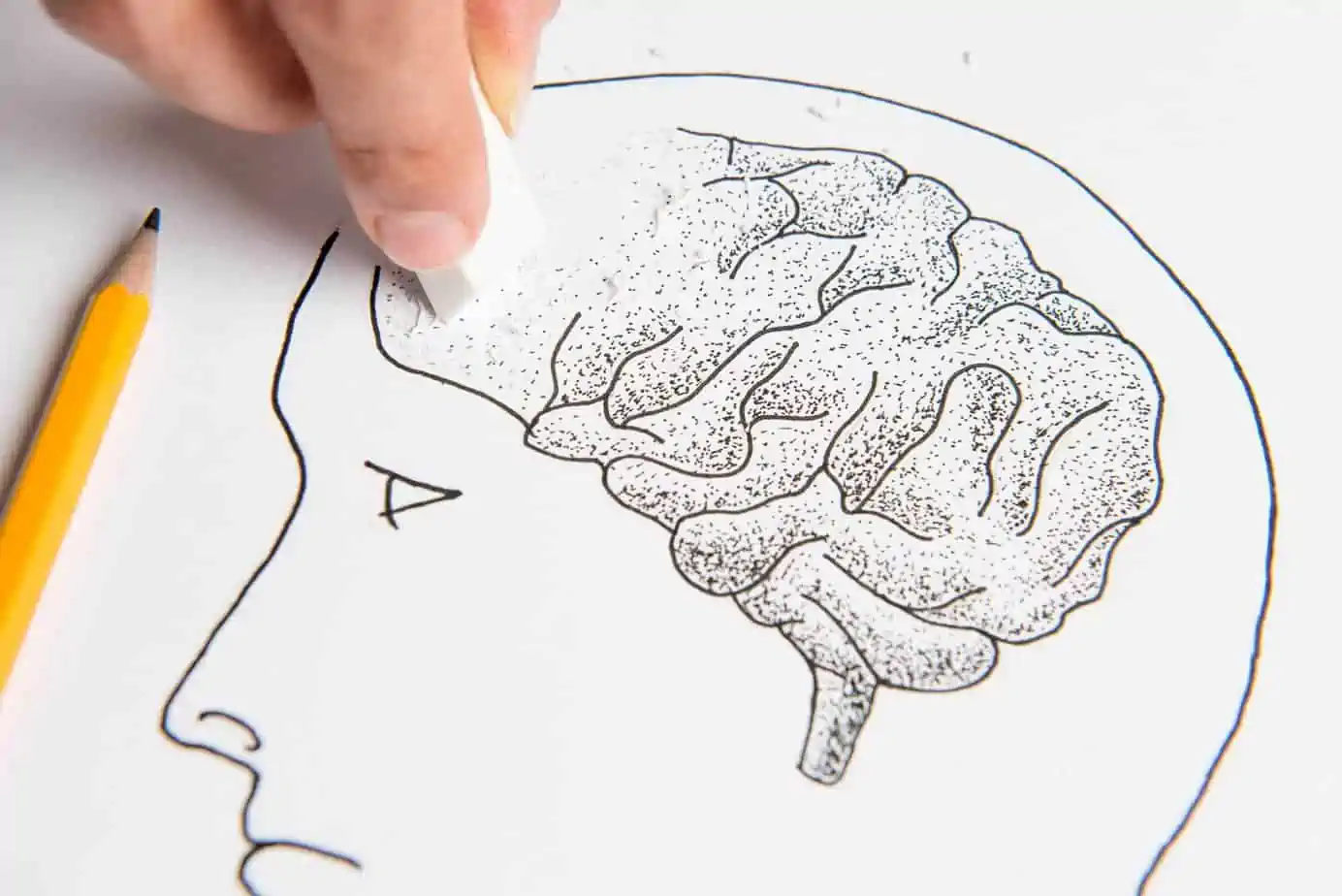It is widely accepted that long-term alcohol abuse can have negative impacts on memory and cognitive function (among other things). Many assume that moderate drinking does not have the same effects on memory, especially if the person does not blackout. A recent study, however, has shown that that might not be the case, claiming that even a small amount of alcohol can impair memory.
Memory is stored during a brain sleep cycle phase known as REM sleep. When we drink even a small amount of alcohol, REM sleep is blocked, making it hard to remember things that we have learned. Even information learned only days before taking a drink can be forgotten, meaning that alcohol consumption can cause individuals to lose information they once grasped.
One study in 2003 tested the effects of alcohol on learning. Fifteen college students were taught a new grammar procedure and then split into 3 groups. One group drank 3 ounces of vodka and orange juice, one group was given the same amount of alcohol two days later, and the last group abstained entirely. When they were tested a few days later, with all of them sober, those that had consumed alcohol the night they learned the lesson forgot 50 percent more than the control group, and the group that drank alcohol two days later had forgotten 40 percent more than the control group. While the study was small, it effectively demonstrated that even small amounts of alcohol can have a negative effect on our memories and cognitive functions.
In 2017, a large-scale study interviewed and tested 550 civil servants who had been drinking moderately over the course of 30 years. Researchers found that the hippocampus (the area of the brain responsible for our memories) was smaller in those that drank more, and that the corpus callosum (another area responsible for the communication of memories across the brain) had less protective insulation around it, meaning it could be damaged more easily. It didn’t matter that some of the participants only drank lightly; there was still a noticeable decline in their cognitive function.
While this recent study focuses on the effects on moderate drinking, the results are even more concerning for functioning alcoholics, who are often under the impression that their excessive drinking is harmless, as it is not causing any blackouts or obvious setbacks in their personal lives. While functioning alcoholics can still operate in their daily lives, this study reconfirms that blackouts are not necessary for brain damage to occur. As with any drug, the longer an individual consumes alcohol, the worse their brain and overall health will be affected.
If you or a loved one is struggling with addiction, Mountainside can help.
Click here or call (888) 833-4676 to speak with one of our addiction treatment experts.

 By
By 







